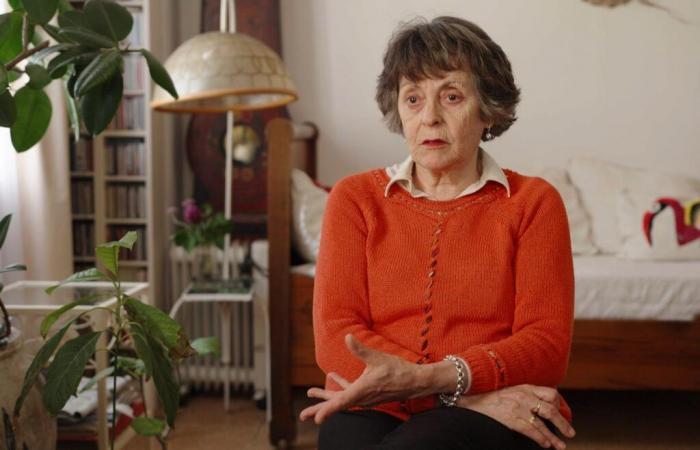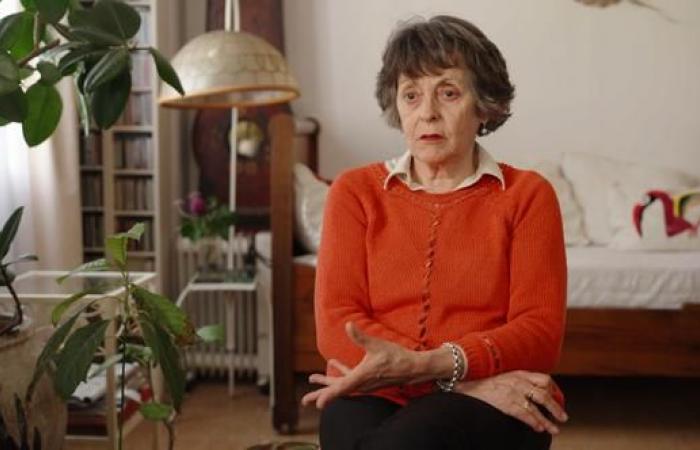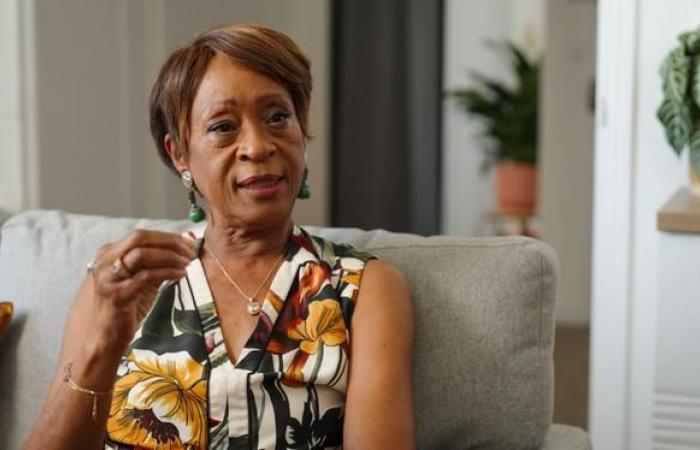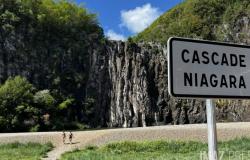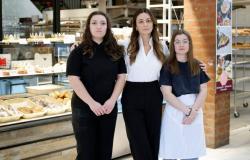France 5 – TUESDAY JANUARY 14 AT 9:05 P.M. – DOCUMENTARY
On the occasion of the 50th anniversary of the Veil law, promulgated on January 17, 1975, the National Audiovisual Institute (INA) is launching, on its site, a collection of unpublished testimonies around the ordinary experience of abortion before its legalization in France. Collection that Léa Veinstein has put into a story in a book to be published (January 22, in an INA-Flammarion co-publishing) and around which Julie Auzou has imagined a podcast.
Read the decryption (in 2024): How has the use of abortion evolved, fifty years after the passing of the Veil law?
Read later
Flagship of the project, broadcast in prime time on France 5, the documentary directed by Sonia Gonzalez opens with an archive image: on November 26, 1974, before a National Assembly almost exclusively composed of men, Simone Veil defends the right to abortion, which is then a criminal offense. A tragedy too, as recalled by the woman who was then Minister of Health under Valéry Giscard d'Estaing.
Enriched with archives and generational films (Mireille Darc in Powerde Georges Lautner, 1966), Just listen to women is essentially informed by the testimonies of around fifteen of them, from all territories and all social backgrounds, who experienced clandestine abortion between 1955 and 1975. Their names are Michelle, Yvelise, Marie-France, Denise. They remember and speak. They speak of fear, loneliness, shame, determination, too. They say windowless rooms and Formica kitchen tables. The charcuterie: “A raw curettage is abominable: they scratch your stomach”said one of them.
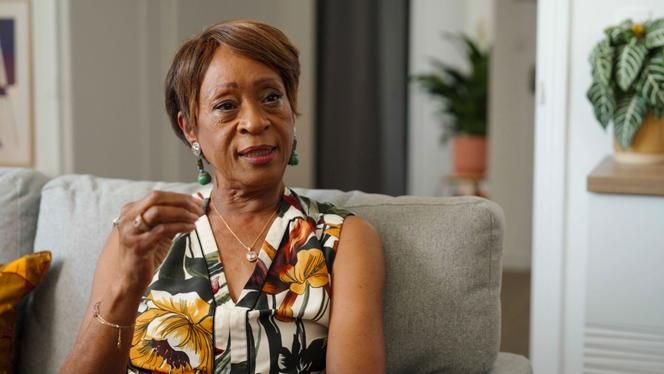

The documentary also highlights the extent of the physical, psychological and sometimes sexual violence that these women had to endure. However, despite the painful memories, nothing would silence them. Facing the camera (they were recorded at home, by an all-female team), they emphasize the importance of passing on to future generations what life was like when abortion was forbidden.
Let us add that the former Minister of Justice Christiane Taubira evokes on this occasion her clandestine abortion and how powerful the choral reading of The Eventin which Annie Ernaux, Nobel Prize winner for literature, recounted her abortion in 1964. Let us also say how moving it is to see the investment of the actress Ana Girardot, who lends her voice to the story, while one of her grandmothers died as a result of a clandestine abortion.
“Being in the experience”
But we must give back to César what is due to… Isabelle Foucrier, producer and project coordinator at the INA. It all started on a Monday in March 2022: “It was after the death of a woman in Poland following a refusal of an abortion, and the overturning of the Roe ruling vs Wade in the United States that I really became aware that what was history here was not elsewhere. Closer to me, I suddenly understood that my mother's generation, born in 1947, was mortal, which reinforced this sense of urgency. Finally, I had the intuition that the story of clandestine abortion had most often been told in two ways: through the prism of militant action and from the angle of legislation, embodied by Simone Veil. It was necessary to collect the concrete, the everyday, the ordinary, pre-militant experience of clandestinity. Being in the experience more than in the discourse, and thus pulling the rug out from under the prolife movement. »
Isabelle Foucrier then surrounded herself with the historian Bibia Pavard – “a woman of my generation, the first to have enjoyed this right” –, which itself formed a transdisciplinary scientific committee, made up of historians, sociologists, gynecologists, etc. At the same time, an editorial team led by Eve Minault was formed, and a call for witnesses was launched on social networks and in the local press. Responses and testimonial proposals then poured in in number and from all over the metropolis.
The World Workshops
Online courses, evening classes, workshops: develop your skills
Discover
On the other hand, as Isabelle Foucrier points out, “We encountered a deafening silence in Martinique, Guadeloupe, Reunion and Guyana. We managed to convince five people to speak, and it was from Martinique that the only request for anonymity came”.
In any case, this collection of unpublished testimonies constitutes a precious and essential object. Because it reminds us that we had to wait until 1975 for abortion to be legal in France, 1982 for it to be reimbursed and 2024 for it to find its place in our Constitution. Because, above all, it reminds us that there is still time to listen to women who have not told their stories.
Just listen to womendocumentary by Sonia Gonzalez (Fr., 2024, 90 min). Broadcast on France 5 and available for replay on France.tv until February 6. Based on interviews collected by the National Audiovisual Institute since 2022.

